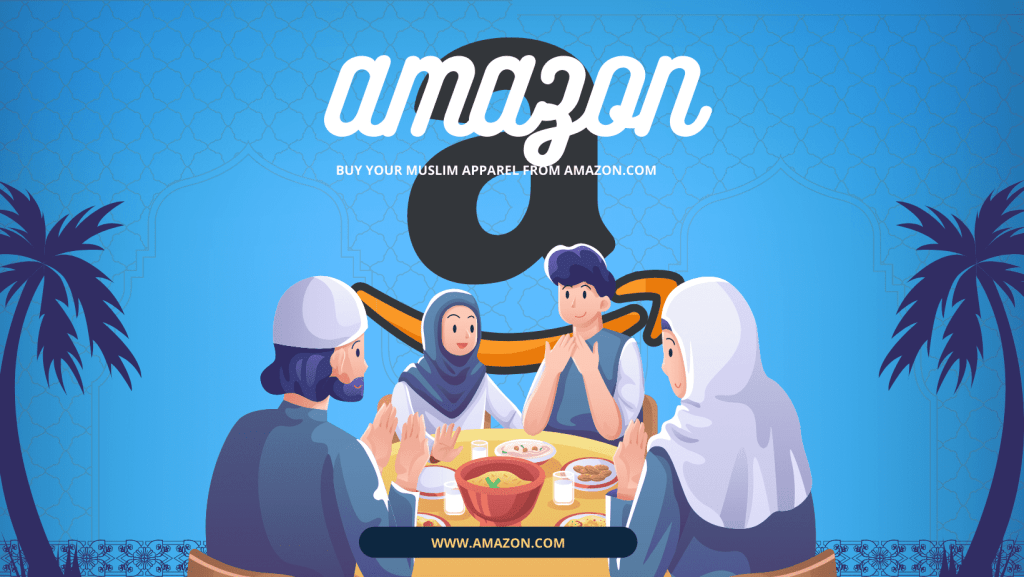We are on a rendezvous with a sanctuary of tranquillity, serenity and beauty, and through it we embrace the fragrance emanating from the best of stories and Surah Yusuf, peace be upon him. In the beginning of the chapter, a verse made me pause:
“Indeed, We have sent it down as an Arabic Qur’an that you might understand.” [Qur’an 12:2]
In his interpretation of this verse, Ibn Kathir said that the Arabic language is the richest, clearest and most comprehensive of languages; it is the language which most articulates meanings within oneself. Indeed, this is why the most honourable Book was revealed in the most honourable language; to the most honourable of Prophets via the most honourable of Angels; and this was in the most honourable part of the world, and its revelation was in the most honourable month of the year – which is Ramadan – so it was perfected in every aspect.

From this interpretation we understand the importance of the Arabic language to fully perceive and comprehend the Book of Allah and our life’s constitution; otherwise why did Allah choose this language to be the language of the Qur’an? I began reflecting and I remembered our children and their predicament with the Arabic language while we are here in the West. I took this verse and emerged from my sanctuary and began to anxiously seek our children’s state and I found those who do not know the Arabic language save a few words, others understand a little but cannot speak in Arabic, and others can speak well in Arabic but do not understand the Qur’an. The most fortunate were those who went, loathingly, to Arabic school on weekends, to learn the language with great difficulty and struggle.
All these difficulties face parents and children, although studies show that a child can learn four languages: with fluency in speaking, competence in writing and understanding, all simultaneously! So what about the language of the Qur’an which Allah has facilitated its remembrance!
The aforementioned is regarding parents of the generations who mastered the Arabic language. Imagine how future generations will be – children of parents who do not know the language or who prefer to not speak it? What will be the state of their children’s relationship with the Book of Allah, and how will their understanding and contemplation be of the Qur’an, which they need in order to implement it!
The situation is very dangerous! In order that we preserve the beautiful language of the Qur’an from vanishing, we need to firstly, and before it’s too late, take the matter seriously and give it priority in our undertakings. Then we need to do more collective effort, patiently, while using specialists in education and Tarbiya to help with the methodologies of teaching, seeking more modern attractive tools of learning compatible with the current generation, to teach the language of the Qur’an with ease and love, and without any trouble or hardships from both parents and children.

I have placed in your hands this great trust for you to think about, look into and discuss. And now excuse me as I return to my sanctuary of tranquillity, serenity and beauty. Writer : *Dr Iman Ramadan was born in Egypt in 1961. She graduated from Cairo University with Medicine in 1986, and continued her post-graduate studies in Paediatrics in Cairo University and the UK. She worked in the field of Paediatrics in a number of hospitals in Makkah and the UK. Dr Iman is a member of MAB and the Labour Party. She has been in the field of Da’wa for more than 25 years.

Leave a Reply